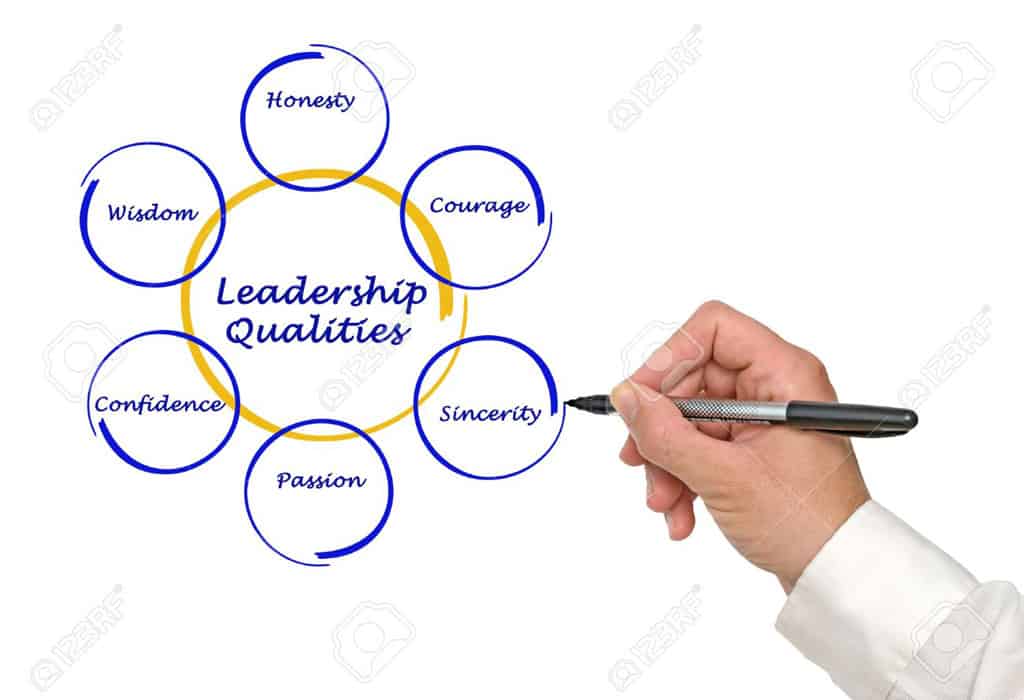How To Develop And Maintain Qualities Necessary For Leadership

Leadership is a trait that is often required in various settings, whether it is in a professional work setting or within a personal organization. There are certain qualities that are necessary for leadership and this article will explore how to develop and maintain those qualities.
In order to be an effective leader, one must be able to communicate effectively, be organized and have a clear vision, be decisive, and be able to inspire others. A leader is someone who motivates and inspires others to achieve a common goal. Leaders are not born, they are made. Anyone can become a leader by developing certain necessary qualities.
Defining Leadership.
There is no definitive answer to the question, “What is leadership?” However, there are some common characteristics and qualities that good leaders share. As we mentioned earlier, leadership involves setting a vision for an organization and inspiring others to work toward achieving that vision.
Good leaders are also effective communicators, able to clearly articulate the goals of an organization and motivate others to achieve them. Additionally, leaders must be able to make tough decisions, even when they are not popular. They must also be able to build relationships and trust within an organization. They are also lifelong learners who are constantly looking for ways to improve their own leadership qualities as well as those of their team members.
Qualities of a Leadership
There are many qualities that a leader must have in order to be successful. A leader must be able to weigh all options and make the best decision for the group, even if it means making sacrifices. A final important quality for a leader is integrity. A leader must be honest and have strong moral convictions. These are 6 leadership qualities every leader needs to be successful:
- Confidence – The most successful leaders are the ones who are able to instill confidence in their teams, not just through their words but through their actions as well. Great leaders walk the talk.
- Vision – A leader with a strong vision can paint a compelling picture of where the organization is going and what it will take to get there. This inspires people to buy into the leader’s plan and work together.
- Integrity – In order to be an effective leader, one must have integrity. It is the quality of being honest and having strong moral principles; it is the truthfulness of one’s actions. Integrity is essential in order to be successful.
- Decisiveness – Decisiveness is a critical quality for any leadership. The ability to make quick informed decisions can mean the difference between success and failure. Making decisions too quickly can also be problematic. The key is to strike a balance between these two extremes.
- Determination – Leaders are determined to see things through to the end. They know that if they give up, their team may follow suit. Determination is contagious. When leaders work hard and fight for what they believe in, it inspires them to do the same.
- Perseverance – When it comes to leadership, perseverance is key. Perseverance is the ability to continue working towards a goal despite setbacks or difficulties. It allows leaders to maintain focus and determination in the face of adversity.
Maintaining Leadership Qualities
Management is often something that is earned through hard work and taking on challenges. However, once you ever become a manager, it is important to maintain that position by demonstrating good leadership. Leadership is something that you have to always work on and maintain.
The one thing all leaders have in common is that they are always learning and growing. Maintaining good leadership qualities requires different skills than those needed to become a leader in the first place. Here are some tips on how to maintain your leadership skills:
- Be Coachable – always be open to feedback and willing to learn from your mistakes.
- Be Inspiring – your team needs to see that you believe in the vision and that you are passionate about what you do.
- Be Authentic – people will respect you more if you are honest and transparent.
- Be Humble – no one likes a leader who is arrogant or thinks they know everything.
Leaders must be able to continue to motivate and inspire others, even when the going gets tough. They also need to be able to adapt their leadership style to changing circumstances. Finally, leaders must be willing to continue learning and growing so that they can remain at the top of their game.
Conclusion
In conclusion, some of the qualities necessary for leadership are confidence, vision, Integrity, decisiveness, determination, and perseverance. Also, the ability to develop and maintain relationships, effective communication, a positive attitude, and the ability to delegate.
You can develop and maintain good leadership qualities through regular reflection, and conversations with mentors and peers. By cultivating these qualities, you will be well on your way to becoming an effective leader. Also remember that leadership is not about having power over others, it is about using your power to empower others.
Disclosure: Some of the links in this article may be affiliate links, which can provide compensation to us at no cost to you if you decide to purchase. This site is not intended to provide financial advice. You can read our affiliate disclosure in our privacy policy.
